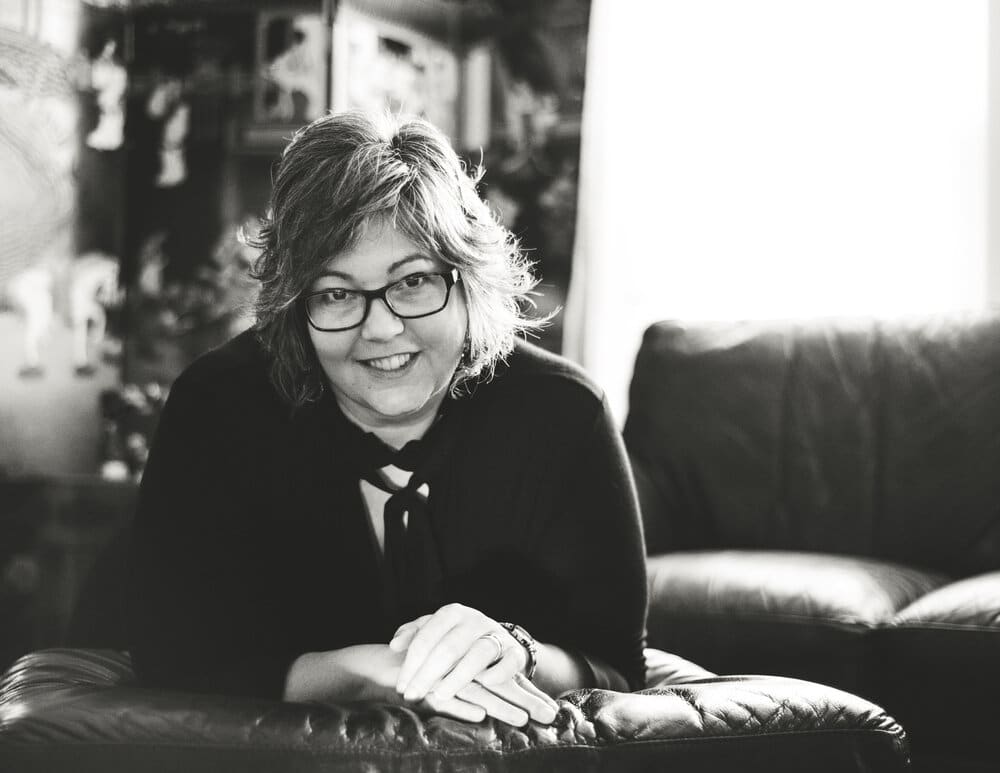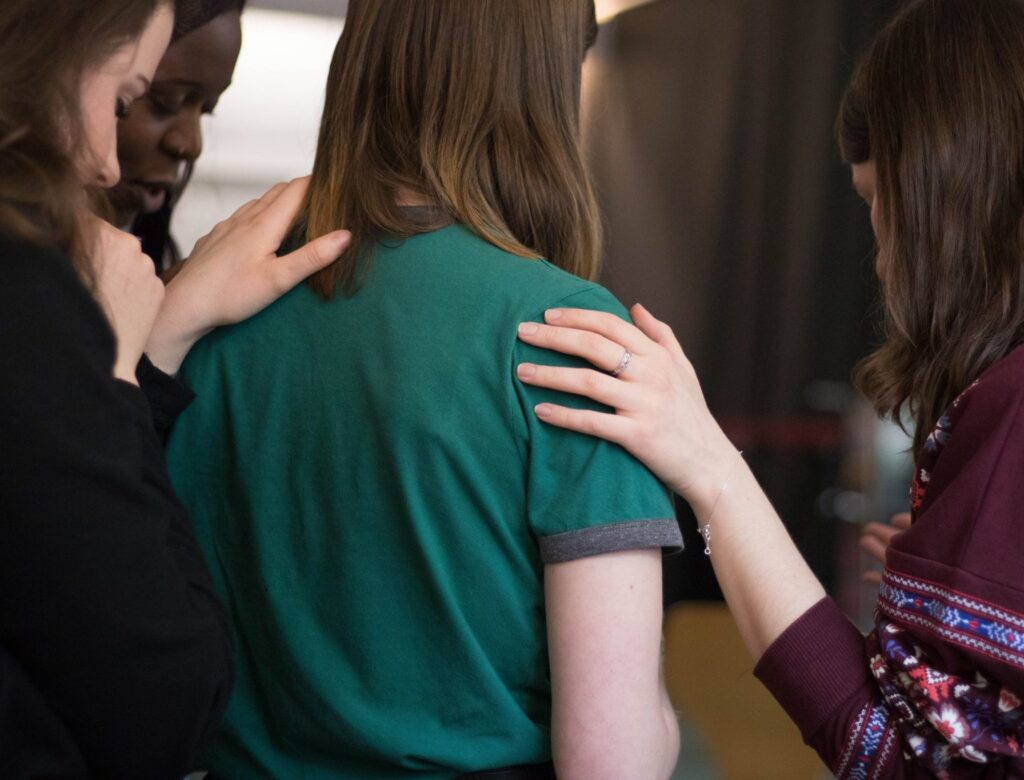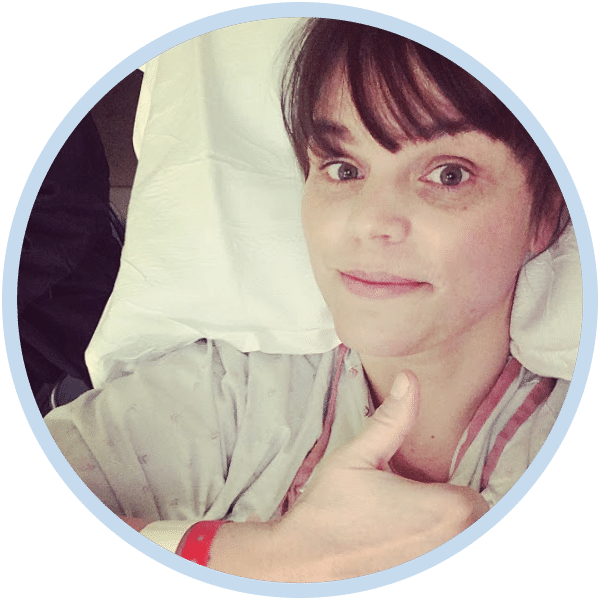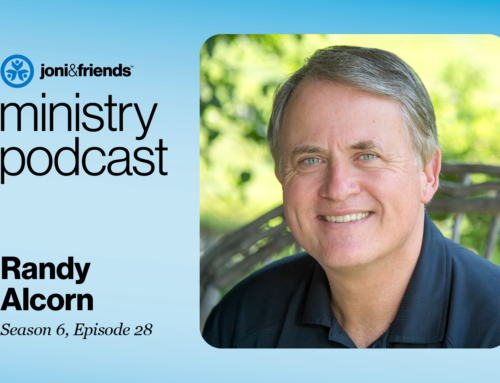Better Together: The Power of Community Amid Isolating Health Struggles
Subscribe to the Joni and Friends Ministry Podcast
Do you ever feel isolated?
If you answered “yes,” you’re not alone—really! Just look at Danika Deva. Long before COVID, Danika had plenty of experience with lockdowns.
Living with multiple chemical sensitivities, Danika suffers from allergic reactions (some life-threatening) to an array of everyday people, places, and things.

“Sometimes I might react to a tree or some mold on my deck…but it’s also traces of what people have on their clothes. I wasn’t able to go into my children’s homes, or to two of my siblings’ homes. Actually, no homes in town. So you can’t come over to watch a movie or eat dinner, celebrate a birthday,”
Danika
In order to ward off total isolation, Danika found that she must be intentional about her relationships. Her condition has prompted her to pursue and prioritize relationships with God and the people in her life, even as she has to skip events, and sometimes even leave churches, for the sake of her physical health.
Do your struggles or disabilities impact your relationships?
Danika shares that her primary relationship—with God—serves as the foundation both for her hope amid hardship and for her human relationships:
“I think the first relationship is with God…I’ve had some deeper time with God; I’ve tuned in. I’ve heard him deeper. I’ve learned to trust on a whole different level.”

Danika has also learned to use the tools available (from Zoom to old-fashioned phone calls) to reach out to friends and family when she can’t see them in person.
She shares that it’s important to reach out and ask for connection, even if it feels awkward. It can be simple: “‘Hey, can you help me?’ Or, ‘I’m feeling really lonely today. I need a call.’ Those types of things can help us stay connected,” she says.
For families and communities surrounding people who are in isolation, Danika suggests asking the person what they need. The very act of asking and showing concern can brighten the horizon for a lonely person, and makes it more likely that the “help” offered will actually help (instead of inadvertently causing stress or adding difficulty to already difficult situations).
“I think asking, ‘How can I help you?’ is better than, ‘I’m going to do this for you.’ Because you don’t know that you could wash my laundry, and if there were scents or mold in your washer or dryer, that it’s contaminated. Right? So the protection measures have to be so extreme…
People bought me things; they helped me buy a glass table. One person bought me a filtration system and another person put it in so that I could breathe and not react.
So there’s always something we can do. There are beautiful ways that you can step into people’s lives. But I think the biggest question is, ‘How can I help you?’ You can ask that.”
Danika
Beyond offering help, Danika highlights the importance of people who don’t have a disability, severe allergies, or other isolating conditions, to reach out to people who do. How can the body of Christ include and remain in deep fellowship with lonely believers? One of Danika’s friends always asks the same question:
“How can I be a blessing to you today?”
This question is always welcome. So is the statement: “I will walk through this with you.” When spoken truthfully, this offer of solidarity and companionship will lighten the burden of any circumstances.
“God wants to support us. And as fellow believers, we walk in that circle with [each other] through whatever it is…with love, with blessing,”
Danika

But even solidarity of fellow believers doesn’t eliminate suffering. Danika knows all too well the temptation to give in to exhaustion, discouragement, and physical pain. She says:
“It’s super easy to give up, especially when you’re so sick, you can’t get to church, or you’re just so stressed out. You can’t even focus, you know? So again, it’s that I’m going to be intentional about my life, whatever that entails.
Sometimes the only thing I could do was walk around the church, come early and [offer to pray for people]. That’s all I could do. I couldn’t teach Sunday school because I didn’t know if I would even show up that day. I couldn’t lead a women’s group. I couldn’t necessarily even join the choir. If you can’t breathe, you can’t sing. So, you do what God’s told you to do—without fear, with boldness.”
How can you serve someone today, even if you’re suffering?
As Danika points out, isolation and loneliness have become the norm in the modern world, not just among people with disabilities or isolating conditions.

As she put it, “We’re such an independent society. And [God] says, ‘No, I want you to be interdependent. I want you to depend on one another,’ like the New Testament church. They shared everything.”
Unfortunately, our world and our habits can set us up for isolation unless we move intentionally toward community.
How can you embrace interdependence and community?
While the digital world presents challenges, it also provides opportunities for connection. Even housebound, Danika could invite a group of people to read through a book of the Bible together—the book of Philippians, for example, which points us to joy.
“Rejoice in the Lord always. I will say it again: Rejoice! Let your gentleness be evident to all. The Lord is near. Do not be anxious about anything, but in every situation, by prayer and petition, with thanksgiving, present your requests to God. And the peace of God, which transcends all understanding, will guard your hearts and your minds in Christ Jesus.”
Philippians 4:4-7
To Danika’s surprise, one hundred people took her up on the invitation to read through Philippians together, with an aim to live with greater joy.
Reading the Word together, and sharing takeaways, Danika and her community experienced God moving in their midst, and shared stories of his work in their own lives. Even connecting remotely, they found new joy and hope in Christ together—from his Word. They learned to receive new hope, and give hope to each other, as “hope dealers.”
“We can all be hope dealers,” says Danika.
One last question: How can you be a hope dealer today?
How Vulnerability Builds Community
Chronic conditions can lead to loneliness and isolation, but being vulnerable opens the door for relationships, support, and finding joy in suffering.
Listen as Kimberli West tells how she found community and ministry opportunities even when illness made it impossible to leave her house.












